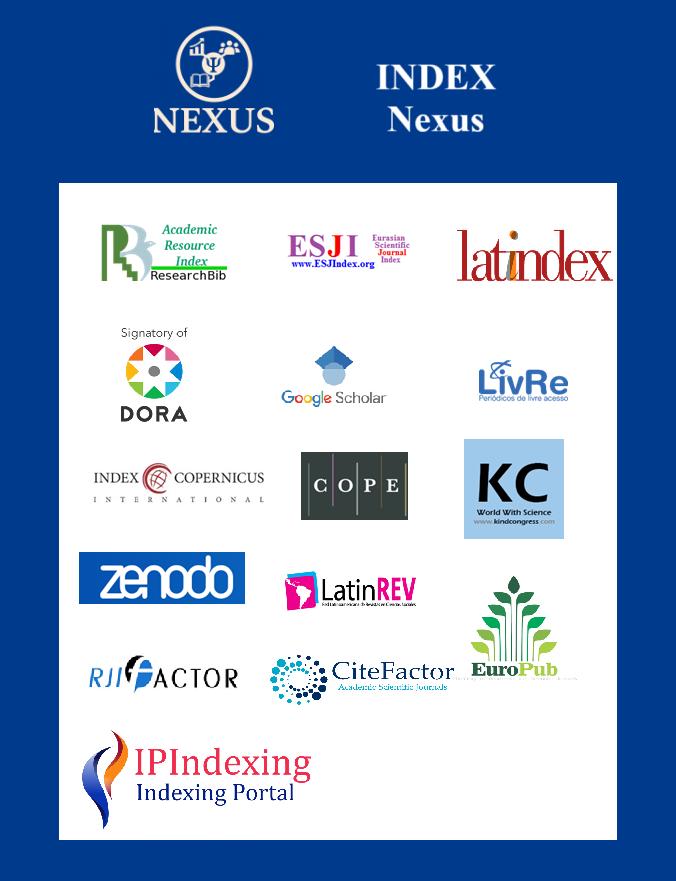Authorship and Contribution Policy
At Nexus House Editorial, we uphold a strong commitment to authorship integrity and transparency, recognizing these values as essential to maintaining academic quality and building trust within the scientific community.
In alignment with the guidelines of the Committee on Publication Ethics (COPE), we outline the following principles:
1. Authorship Criteria
To be acknowledged as an author of a manuscript submitted to our journal, individuals must meet the following conditions:
-
Substantial Contribution: Authors must have played a significant role in the conceptualization, design, execution, or interpretation of the research. Active involvement in developing the manuscript is required.
-
Accountability: Each author must take full responsibility for the content, ensuring that all presented data is accurate and reliable. Authors should be prepared to address any part of the work.
2. Acknowledgment of Contributions
Transparent recognition of all forms of collaboration is essential:
-
Contribution Statement: A declaration detailing each co-author’s specific role must be included in the manuscript.
-
Acknowledging Support Roles: Individuals who contributed in ways that do not meet the criteria for authorship—such as technical assistance or editorial input—should be acknowledged in the appropriate section.
3. Authorship Consent
-
Formal Agreement: All authors must agree with the final version of the manuscript and approve its submission. This ensures shared responsibility and awareness throughout the publication process.
4. Author Order
-
Contribution-Based Order: The sequence of authors should reflect the magnitude of each individual's contribution, with the primary contributor listed first.
-
Prior Agreement: It is recommended that the authors decide on the order before submission to avoid future misunderstandings.
5. Handling Authorship Disputes
-
Resolution Process: In the event of a conflict, the editorial board will mediate in a fair and impartial manner, reviewing all available evidence to reach an ethical resolution.
-
Transparent Policies: These guidelines are clearly communicated to prevent confusion and promote proper conflict management.
6. Adherence to International Guidelines
-
Recommended Best Practices: Authors are encouraged to follow the standards outlined by respected organizations such as the Council of Science Editors (CSE) and the International Committee of Medical Journal Editors (ICMJE) to ensure ethical and professional authorship practices.









